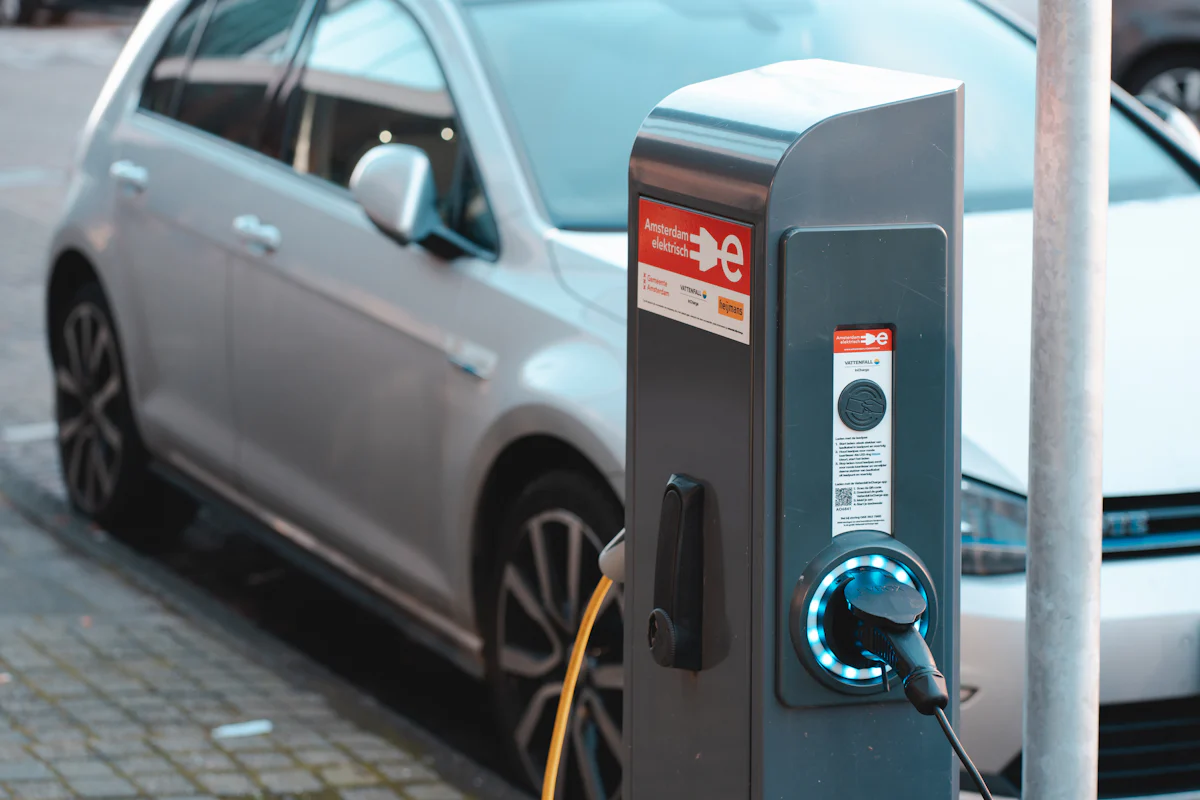Electric vehicles (EVs) represent a significant shift towards sustainable transportation, and their batteries are pivotal to their performance and longevity. Here’s a comprehensive overview of EV battery care and how it contributes to a better driving experience and cost savings:
Importance of EV Battery Health
The EV battery serves as the powerhouse of the vehicle, influencing performance, range, and overall efficiency. Maintaining its health is crucial for maximizing mileage per charge, extending the EV’s lifespan, and retaining its resale value. A well-maintained battery translates to fewer replacements and repairs, resulting in long-term cost savings for owners.
Understanding Your EV Battery
EV batteries store and release energy to power the vehicle, similar to batteries in home electronics but on a larger scale. Several factors impact battery health:
– Charging Habits: Avoid frequent charging to 100% or letting the battery drain completely. Optimal charging levels are between 20% and 80%.
– Temperature: Extreme hot or cold temperatures can degrade battery performance. Parking in shaded areas or using thermal management systems can help.
– Usage: Driving habits, such as hard acceleration and high speeds, can strain the battery.
Practical Tips for EV Battery Care
1. Moderate Charging:Charge between 20% and 80% whenever possible. Avoid frequent full charges or deep discharges.
2. Temperature Management: Park in shaded areas during hot weather and consider heated garages in winter. Utilize thermal management systems if available.
3. Balanced Driving:Adopt a smoother driving style to reduce strain on the battery. Avoid rapid acceleration and high-speed driving whenever feasible.
4. Routine Maintenance: Regularly check battery health using onboard diagnostics and adhere to manufacturer-recommended service schedules.
5. Energy-Saving Modes: Use energy-saving modes available in many EVs to conserve battery power and extend range on each charge.
EV Salary Sacrifice Schemes and Battery Care for Affordability
– EV Salary Sacrifice Scheme: This scheme allows employees to lease an EV using their pre-tax salary, reducing taxable income and monthly expenses significantly. Combining this with lower running costs from efficient battery care amplifies cost savings.
– Financial Benefits: Proper battery care reduces the need for costly repairs or replacements, enhancing the financial viability of owning an EV. It also aligns with the tax advantages of salary sacrifice schemes, making EV ownership more affordable.
Conclusion
EV battery care is essential for optimizing performance, increasing longevity, and minimizing operating costs. By understanding and implementing best practices, such as moderate charging, temperature management, and routine maintenance, EV owners can ensure their vehicles remain efficient and cost-effective over time. Coupled with the financial benefits of EV salary sacrifice schemes, maintaining battery health makes owning an electric vehicle a practical and sustainable choice for the future.
